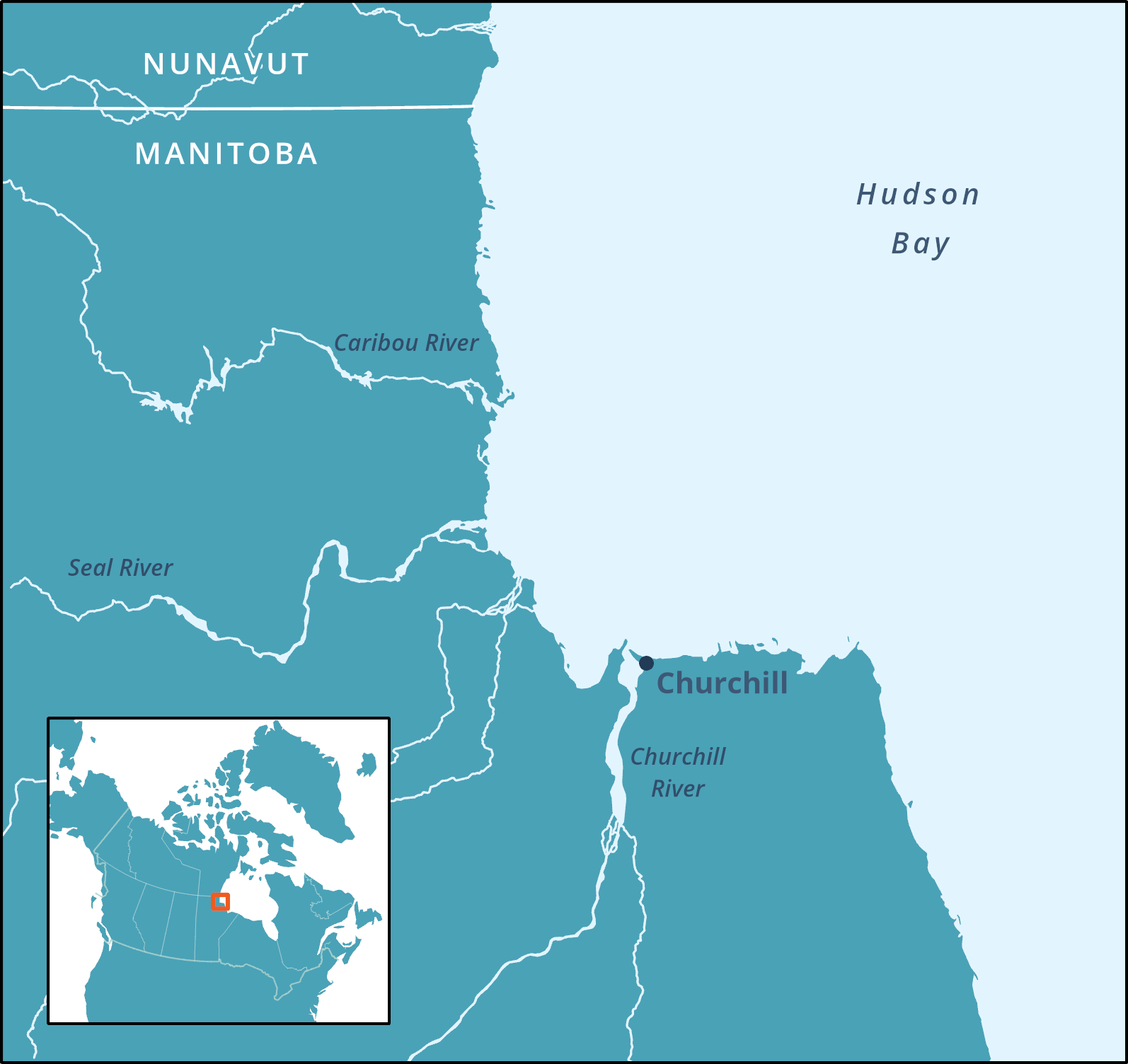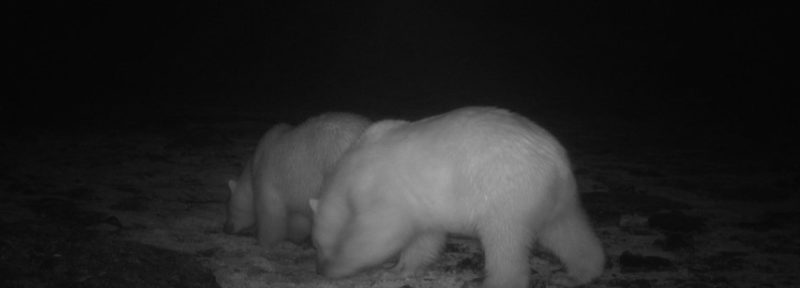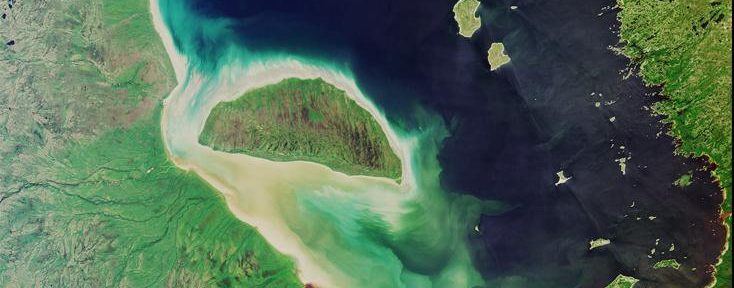Pristine Seas Expedition: The Beluga Estuaries of Western Hudson Bay
The largest summering population of beluga whales is found in Hudson Bay.
Crédit : Oceans North
During the Churchill leg of the National Geographic Pristine Seas expedition, the team will focus on gathering data that highlights the importance of protecting the beluga estuaries of Western Hudson Bay. About one-third of the world’s belugas migrate each summer to the shallow waters of the Churchill, Nelson and Seal rivers to give birth and raise their calves.
Yet climate change poses threats to the beluga population, from melting sea ice that allows predation by killer whales, to increasing access for industrial development in this region. That’s why Oceans North, scientists, Indigenous communities and others have urged the federal government to establish a national marine conservation area in Western Hudson Bay to protect this crucial marine habitat and the thriving beluga population.
The estuaries near Churchill, Manitoba are crucial habitat for migrating beluga whales.
Crédit : Oceans North/Olivia Mussells
During their visit to the Churchill region, the Pristine Seas team will conduct research such as underwater surveys, near-shore sampling of fish and invertebrates, fish and marine mammal surveys, water sampling and microplastic analysis. Their film crew will also shoot footage for a major documentary that will be produced about the expedition.
Kristin Westdal, science director for Oceans North, said the beluga population in this region has historically been understudied and little is known about the food web and fish species that they rely on.
“This expedition will add to our understanding of marine life in the region and assist with Oceans North’s food web research,” Westdal said.
The stop in Churchill is part of the Pristine Seas’ two-month expedition on the MV Polar Prince that began in early July when the vessel left Mulgrave, Nova Scotia en route to Nunatsiavut’s Torngat region. The overall purpose of the trip is to highlight proposed marine conservation areas that have been identified as priorities by Indigenous and local communities.
When the team leaves Churchill, they will travel to James Bay and conduct research in Arqvilliit (Ottawa Islands) and the proposed Eeyou Istchee National Marine Conservation Area before the return trip to Mulgrave in late August.
Oceans North is helping facilitate the Pristine Seas expedition in collaboration with Indigenous and local communities. For the last few summers, Oceans North has also done research to assess how belugas near Churchill interact with whale-watching boats and commercial ships arriving at the port. Tourism is an important part of the local economy and gathering such data will help inform a sustainable approach to such activities.
If you’re interested in knowing more about protecting the belugas of Western Hudson Bay, you can also listen to the fourth episode of our podcast The Ocean Project. And join us on the expedition by following Oceans North on Twitter, Facebook or Instagram, and following Pristine Seas on Instagram or Twitter.






